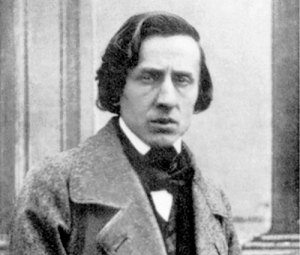
New York’s Morgan Library & Museum recently discovered an autograph by Frédéric Chopin containing 24 bars of a previously unknown waltz. The small-format sheet measuring 130 by 102 millimeters had come into the museum’s possession in 2019 as part of the autograph collection of August Sherrill Whiton Jr., director of the New York School of Interior Design. Experts consulted by the curator Robinson McClellan confirmed the authenticity of the iron gall ink on paper manuscript, which resembles that of Chopin’s early Parisian years (ca. 1830–1835).

The Chopin signature at the upper edge of the leaf is not an autograph, but all other elements reflect the composer’s graphic peculiarities, such as the characteristic shape of the bass clef. Stylistically, the miniature, entitled Valse, displays all of Chopin’s hallmarks. Divided into eight bars of prelude and postlude each, the waltz theme first leads to the dominant, then back to the tonic via the parallel major, melodically and harmonically in keeping with Chopin’s style. However, there are some notable irregularities. The outburst of the eight-bar introduction leading from piano to forte-fortissimo in the shortest time has no direct equivalent in Chopin’s other waltzes; its dynamic range and brash intensity are more akin to the dramatic qualities found in his scherzos.
Read the full post “Chopin discovery at The Morgan Library & Museum in New York” in MGG Online.





